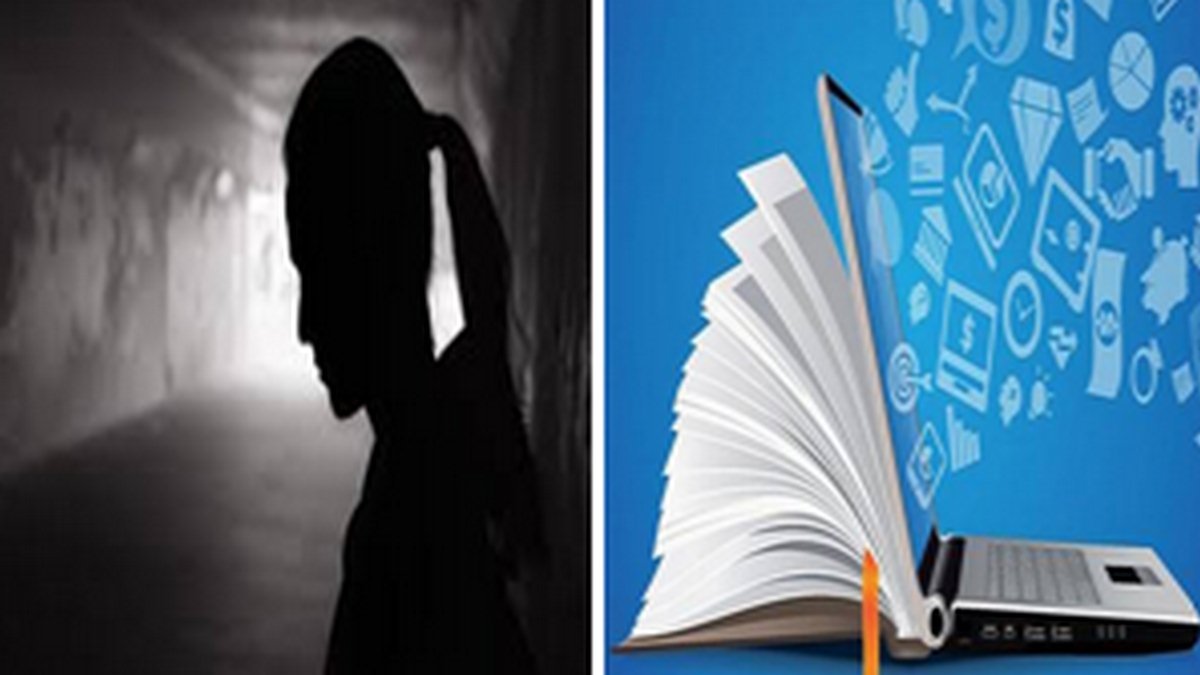UNITED NATIONS: The UN convened the first-ever global meeting with education ministers from around the world to explore the risks and rewards of using chatbots.
Chatbots is a computer programme designed to simulate conversation with users, in classrooms, announcing on Friday (26th May, 2023) a new roadmap to chart a safer digital path for all.
UNESCO maintains that less than 10 per cent of schools and universities follow formal guidance on using wildly popular AI tools, like the chatbot software ChatGPT, according to the UNESCO, which hosted more than 40 ministers at a groundbreaking online meeting Friday (26th May, 2023).
The ministers exchanged policy approaches and plans while considering the agency’s new roadmap on education and generative AI, which can create data and content based on existing algorithms, but can also make alarming factual errors, just like humans, it said AI-Edu.
“Generative AI opens new horizons and challenges for education, but we urgently need to take action to ensure that new AI technologies are integrated into education on our terms,” said Stefania Giannini, UNESCO’s Assistant Director-General for Education.
“It is our duty to prioritize safety, inclusion, diversity, transparency and quality.”
Institutions are facing myriad challenges in crafting an immediate response to the sudden emergence of these powerful AI apps, according to a new UNESCO survey of more than 450 schools and universities.
At the same time, governments worldwide are in the process of shaping appropriate policy responses in a rapidly evolving education landscape, while further developing or refining national strategies on AI, data protection, and other regulatory frameworks, according to UNESCO.
However, they are proceeding with caution. Risks to using these tools can see students exposed to false or biased information, some ministers said at the global meeting.
The debate revealed other common concerns, including how to mitigate the chatbots’ inherent flaws of producing glaring errors.
Ministers also addressed how best to integrate these tools into curricula, teaching methods, and exams, and adapting education systems to the disruptions which generative AI is quickly causing.
Many highlighted the vital role teachers play in this new era as learning facilitators.
But, teachers need guidance and training to meet these challenges, according to UNESCO.
For its part, the agency will continue to steer the global dialogue with policy makers, partners, academia, and civil society, in line with its paper, AI and education: A guide for policy-makers and Recommendation on the Ethics of AI, as well as the Beijing Consensus on Artificial Intelligence and Education.
UNESCO is also developing policy guidelines on the use of generative AI in education and research, as well as frameworks of AI competencies for students and teachers for classrooms.
These new tools will be launched during Digital Learning Week, to be held at UNESCO Headquarters in Paris on 4 to 7 September, the agency said.
AFP/APP
Newspakistan.tv










